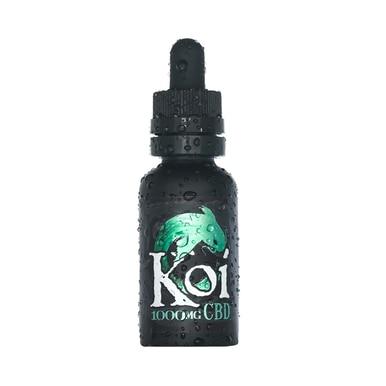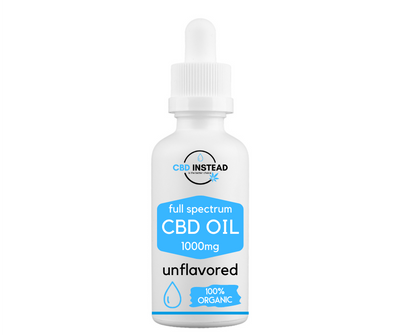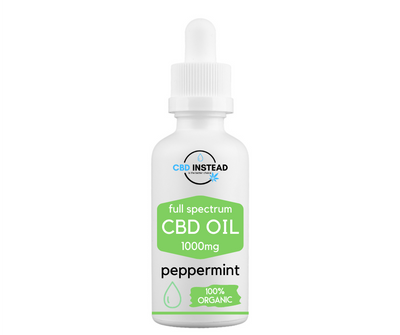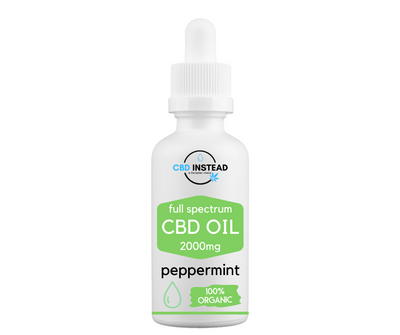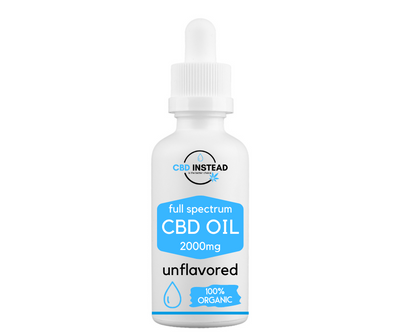When we bring a puppy into our lives, we don’t really think about the later years. But whether we like it or not, our beloved family dogs age just like all other living creatures. There are ways you can help your dog live a longer life and knowing the signs of aging can help you know when to take action.
Signs Your Dog Is Getting Older

Eye Problems
Your dog’s vision can start to decay as they get older, and you’ll need to make arrangements in your home and find a treatment plan that works with your vet. Common eye problems that come along with age in dogs are:
- Cataracts
- Conjunctivitis
- Vision loss
- Dry eye syndrome
- Nuclear sclerosis
- Glaucoma
Symptoms Of Eye Problems In Older Dogs
- Cloudy eyes
- Red eyes
- Bumping into things
- Falling
- Erratic blinking
- Tear excessively
- Avoiding bright areas
Dogs are really smart, and they know your house inside and out. They can trick you into believing that they can still see by behaving normally in their own territory. But if you start to move furniture around in your house or the dog bowl and they are bumping into things or can’t find anything, this is a good indication they need to get their eyes checked out.
Change In Urination
Urinary problems are common in dogs, but that doesn’t mean they don’t need to see a vet when they experience changes in behavior. The common illnesses that cause a change in urination are kidney disease and UTIs. However, sometimes the change is just aging. Female dogs are known to leak urine when they are relaxed as they get older.
Symptoms Of Urinating Changes In Older Dogs
- Howling or whining when urinating
- Hard to urinate
- Urinating more often
- Urinating in the house even when housebroken
- Bloody or cloudy urine
- Thirstier
Oral Health Issues
If you don’t brush your dog's teeth every day or get them regular cleanings, you might start to notice tooth decay or gum disease earlier in your dog. Some breeds are also more prone to gum disease than others. The symptoms of gum disease rarely show up before the damage has started to cause chronic pain. It’s best for you to get your dog regular check-ups to try to beat gum disease before it gets too severe.
Symptoms Of Gum Disease In Older Dogs
- Bleeding gums
- Bad breath
- Excessive drooling
- Red and inflamed gums
- Losing teeth
Skin And Fur Problems
Older dogs are more vulnerable to skin rashes and diseases because of their weakened immune system and older body. If you notice any of the symptoms for skin and fur problems, they could be a normal part of aging. You should still see a vet if you see changes in their fur and skin because it could also be pointing to a disease like cancer or diabetes.
Symptoms Of Skin And Fur Problems In Older Dogs
- Lumps and bumps
- Red and flaky skin
- Swelling
- Clumps of fur coming off
- Patches of fur missing
- Excessive licking or scratching
Weight Changes
Thyroid disease, Cushing’s disease, diabetes, stress, and medication can all contribute to older dogs becoming overweight or obese which can bring on a whole new set of health problems. Dehydration, cancer, diabetes, and liver disease can cause your dog to be underweight and become weak and sick from malnutrition. If you start seeing a drastic change in your dog’s weight and eating behaviors, you need to see a vet.
Symptoms That Point To Weight Changing Illnesses In Older Dogs
- Increased or decreased appetite
- Eating a lot of grass
- Vomiting
- Diarrhea
- Lack of energy
- Bleeding
- Limping
- Hair loss or dull coat
- Potbelly
- Loss of muscle and strength
Difficulty Moving
Just like humans, dogs can begin to develop illnesses that make it difficult or painful to move. This can turn your fun-loving pup into a lazy old dog. If you start to notice your dog isn’t as active as they used to be, this is common for older dogs. But it is still advised to see a vet in case they have developed arthritis, hip dysplasia, or any other painful illnesses that can cause them to keep still.
Signs Your Older Dog Is Slowing Down From An Illness
- Sleeping for unusually long periods of time
- No longer getting excited about activities they used to enjoy like walks
- Whining or grunting when they get up or lie down
- Taking a longer time to get up and sitting or laying down abruptly
- Choosing to sleep rather than eat
Behavioral And Memory Problems
When your dog gets older, their behavior is going to change as they mature. But certain behavioral changes point to more than just old age. Dog dementia can cause your dog to become aggressive, which is why it is important to know the signs to get them help.
Symptoms Of Dog Dementia
- Shift in dominance in the house of dogs
- Guarding food or toys
- Aggression
- Startles easily
- Less responsive
- Confusion
Grey Hairs
Grey hairs isn’t a sign of illness, but it is a sign of your dog getting older. The most common place for it to start to sprout is on the chin and the eyebrows. So keep an eye out for those grey whiskers so you know when to start paying close attention for health issues.
How Can You Help Your Aging Dog?

Play
Your dog may not be able to play like they used to, but doing low-intensity activities can help them stay strong and active. By avoiding rigorous exercise, you can help their bones and muscles stay healthy without risking an injury.
Tailor Your Dog’s Diet
When you go to the store to get pet food, you may notice there is puppy food and adult food. This is because different ages of dogs need different levels of nutrients. When your dog is starting to show signs of aging, tailor their diet to their individual needs.
Regular Vet Visits
Regular vet appointments can help keep their teeth and gums healthy for longer with regular cleaning, and your vet can check for any symptoms of illness. Sometimes your dog may not show symptoms that you can pick up on, but your vet can spot. The earlier you treat illnesses that come with old age, the easier it will be.
Rearrange
Now, if your dog has gone blind, this may not be the best thing to do. But if your dog can still see, there are things you can do around the house to make things easier for them. You can elevate the food and water bowl or put a little staircase up by the couch they sleep on. If your dog suffers from pain, you may want to think about getting a softer bed and keeping it on the ground if you have it elevated.
Brush Their Teeth
While taking them to the vet is a great way to get them regular cleanings, brushing your dog's teeth in between vet visits can help reduce the likelihood of your dog developing gum disease. You can even try dog treats that are meant to help with your dog's oral health to give them some mental stimulation!
Mind The Weather
Your dog can go their whole life having no problems with the heat or cold. But as they age, they can become more sensitive to their environment. In the cold, get them something to put over their coat. In the summertime, maybe get them a kiddy pool to lay in to cool off!
Go out Of Your Way To Make Them Happy
You probably already do this, but if you don’t, we have some ideas for you.
- Car rides
- New stimulating treats or toys
- Scheduled play time
- Have a puppy spa day
Give Them CBD Dog Treats

When you start to notice signs of aging, you might want to jump on their health quick. Giving them CBD dog treats is a great way to help fight progressive diseases and help relieve any pain or anxiety. Giving CBD oil to your older dog may help with the following:
- Arthritis
- Energy
- Pain
- Rashes
- Antibacterial
- Relaxes the bladder
- Glaucoma
- Cancer
- Dementia
When giving CBD oil to your older dog, be sure to let your vet know that you are taking this route. CBD oil can interfere with other medications, so you and your vet need to figure out if it is okay to take. Your vet can also help you monitor your dog’s progress, so you know if you are at the correct dose or not.















